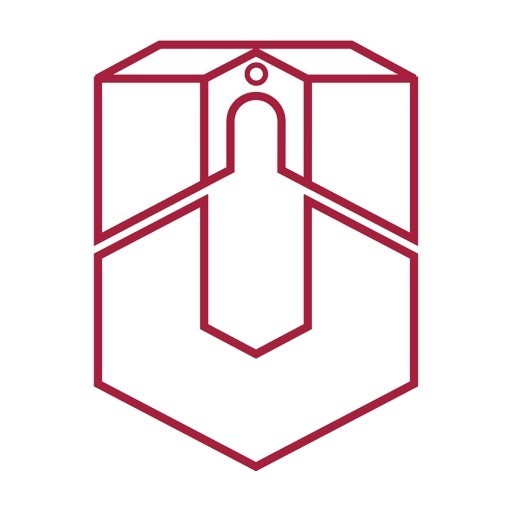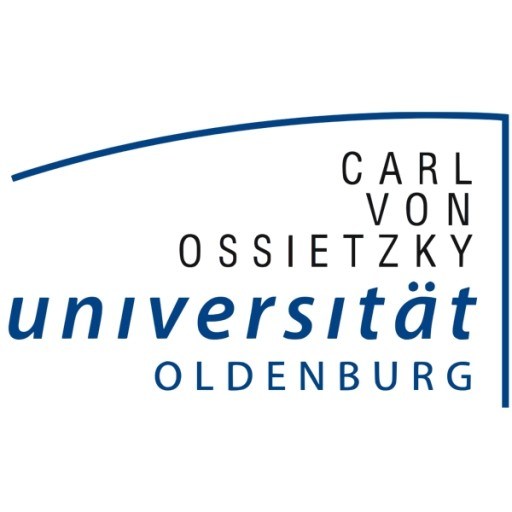Photos of university / #ruhrunibochum
Advertisement
Goals and Focal Points
The international Masters program in Criminal Justice, Governance and Police Science focuses on international security and justice perspectives, raising awareness and facilitating a broader foundation for better decision-making in the future with regards to the following topics:
· Peace-making and peace-keeping efforts in post-conflict and transitional countries;
· Establishing rule of law, human rights standards and sustainable security;
· Capacity building in the law enforcement and criminal justice sector;
· Development personal skills of professionals working within the corresponding field of security and justice;
· Supporting NGOs and civil society in their functions to monitor and evaluate democratic police work and criminal justice based on human rights standards.
Considering the reality of an on-going unstable world and growing concerns within the international community on finance, economy, energy and security one might assume that the need for practices in the field of criminology, criminal justice, governance and police science will only increase. As the program is labor market oriented, it provides a well-thought-out balance between theory and practice supported by on-the-job experienced lecturers in one of the three program pillars as well as its modules and its settings in different countries.
Study Curriculum
The study curriculum offers eight unique modules, which allow you to experience recent groundbreaking developments in criminal justice, governance and police science with particular focus on international security and justice perspectives.
The first three terms will consist of the following eight modules:
Module 1: Law Enforcement in Countries in Transition
Module 2: Human Rights for Police and Justice Officials
Module 3: International Peacekeeping
Module 4: Critical Assessments of Applied Empirical Research Methods
Module 5: Governance and Ethics
Module 6: Governance of Security
Module 7: State and International Core Crimes and the Emerging Global System of International Criminal Justice
Module 8: Key Qualifications for Future Leaders
After the completion of all modules, students will be able to proceed with their Master's thesis in term 4.
The purpose of the selection of modules is to encourage reflection by students. Rather than prescribing what should be done, the emphasis will be upon encouraging students to reflect upon what has been done, why it was done and upon evaluating its effectiveness. This is a vitally important function, since practical professional knowledge will only emerge from practitioners critical reflection on their practice and a willingness to share those reflections. The foundations for this consciousness lie in a professional education that stimulates self-criticism.
After successful completion of the program the degree Master of Criminal Justice, Governance and Police Science will be obtained.
Audience
The international Master's program is open to everyone who is involved or would like to be involved in international assistance programs, the UN, EU, AU, their subordinate organisations and other IOs, NGOs and national or local representatives. It is tailored for those who are or will be responsible - either on an international or national level - for establishing, promoting or reforming new national justice systems: e.g. police officers, social workers, lawyers, psychologists etc.
Lecturers
The lecturers and program coordinators are professors and research assistants from the Ruhr-Universität Bochum and Ghent as well as practitioners from the field of criminal justice and the police.
Accreditation
This study program is accredited by AQAS.










